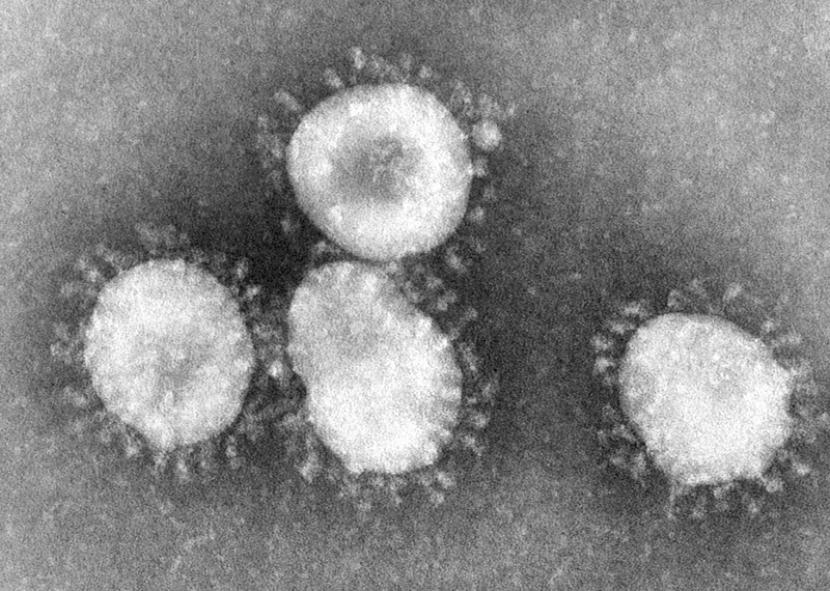Banknotes can shelter the coronavirus for more than 21 days
REPUBLIKA.CO.ID, MELBOURNE – Researchers in Australia say the virus that causes Covid-19 can survive on banknotes, glass and stainless steel for up to 28 days. This survival rate is much longer than the common cold virus. Hence the researchers highlighted the need for cleaning and hand washing to combat the virus.
Researchers at Australia’s national science institute CSIRO found that at 20 degrees Celsius the SARS-COV-2 virus remained infectious for 28 days on smooth surfaces. That surface is classified like the plastic and glass banknotes found on the screen of a cell phone.
The study is published in the Virology Journal. In comparison, the Influenza A virus was found to persist on surfaces for 17 days.
The CSIRO study involved drying the virus in artificial mucus on various surfaces at concentrations similar to samples from Covid-19 patients and then extracting the virus after a month. Experiments carried out in a controlled laboratory environment at temperatures of 20, 30, and 40 degrees Celsius show that survival time decreases with increasing temperature.
This let scientists know a temperature of 40 degrees Celsius allowed the virus to survive less than 16 hours on cotton and 24-48 hours on glass, steel, paper, and vinyl. When the temperature is lowered to 30 degrees, cotton can preserve the virus for three days.
Banknotes can shelter the virus for more than 21 days. Even under 20 degrees Celsius, the virus can survive on banknotes for up to a month. Reported by Sputnik, CSIRO found corona virus can remain in the airborne particles for more than three hours.
“Determining how long the virus actually persists on the surface allows us to predict and reduce its spread more accurately and do a better job of protecting our people,” said CSIRO Chief Executive Larry Marshall in a statement quoted by the Channel News Asia page, Monday (12/10).
The protein and fat in body fluids can also sharply increase the survival time of the virus. “This research could also help explain the apparent persistence and spread of SARS-CoV-2 in cool environments with high lipid or protein contamination, such as meat processing facilities, and how we can better address those risks,” said Trevor Drew, Center Director. CSIRO Australian Disease Preparedness.
Australia has fared much better than most other wealthy countries in battling Covid-19. Australia recorded a total of around 27,000 infections and 898 deaths in a population of 25 million.
The epicenter of the country’s second wave of infections, the state of Victoria, reported 15 new cases on Monday. That figure is well below the target of less than five that the government has set for easing lockdown or lockdown in the state capital Melbourne.
New South Wales, the most populous state, reported six new cases on Monday. Five of them are travelers who have been sent home in quarantine.
Research in Australia Reveals the Durability of Covid-19 on Surface Objects
The Australian National Science Agency (CSIRO) in a recent study found the COVID-19 virus can persist on different surfaces for about a month. This makes the need for hand washing and sanitation measures even more important.
Reporting from Sputnik on Monday (12/10), CSIRO said the COVID-19 virus was able to last longer on smooth surfaces and cold temperatures, especially on banknotes, glass and steel. The three objects were tested as suitable materials for virus survival. The testing process is carried out in a laboratory which means several factors, including UV lighting, were not involved in the research.
“The data presented in this study show that infectious SARS-CoV-2 can be removed from non-porous surfaces for at least 28 days at ambient temperature and humidity (20 ° C and 50% RH),” the study wrote.
“Increasing the temperature while maintaining moisture drastically reduces the survival of the virus to only 24 hours at a temperature of 40 ° C,” continued the sound of the study.
The team behind the study explained that the results could help scientists find better ways to reduce the spread of the virus. Rizky Surya
– .


